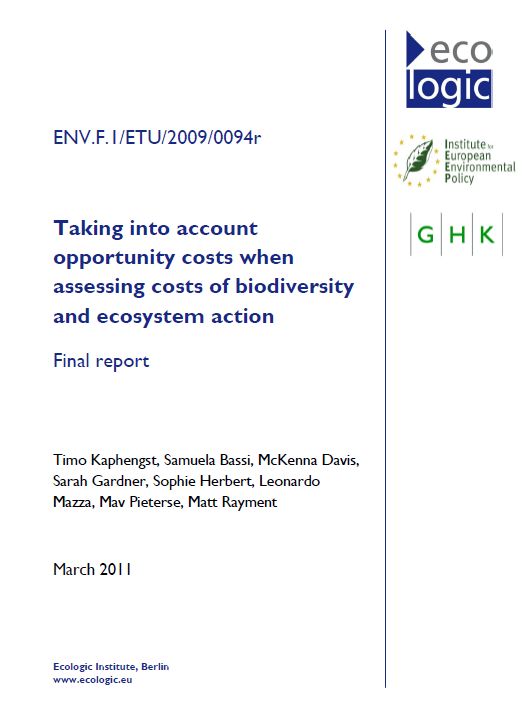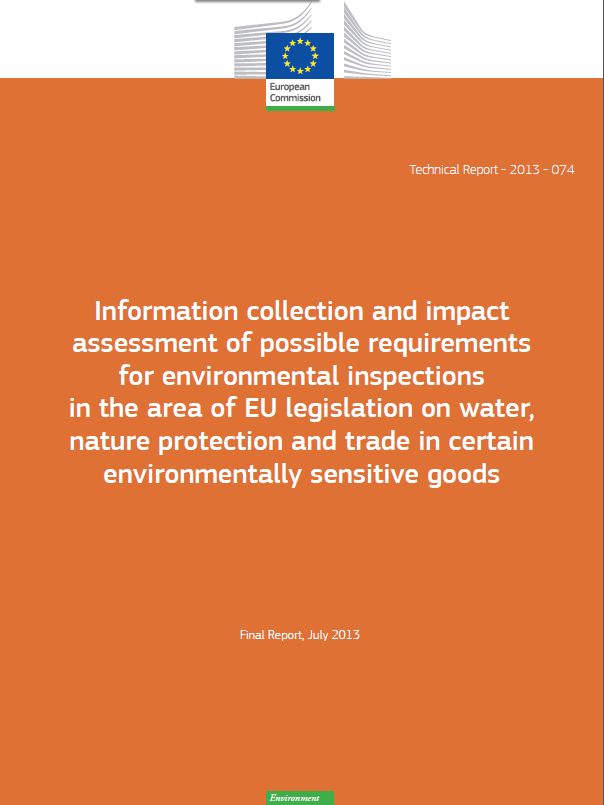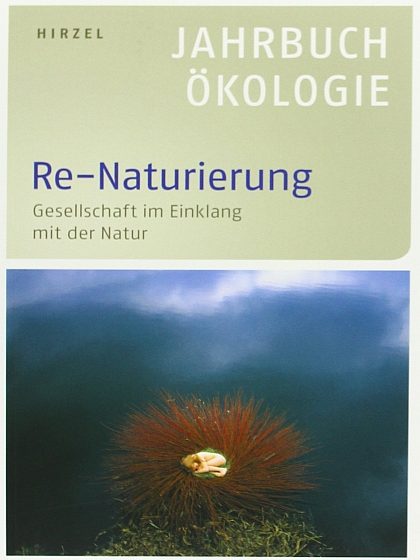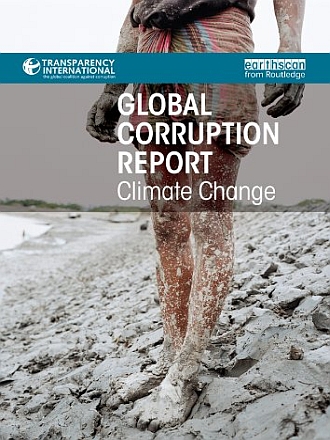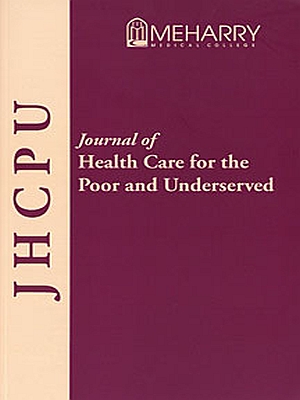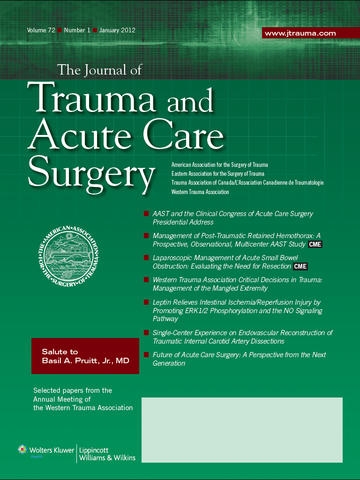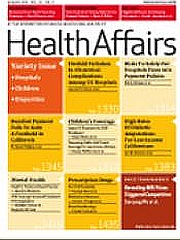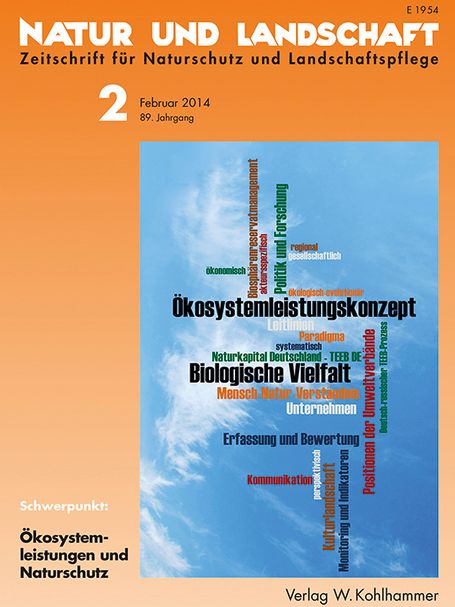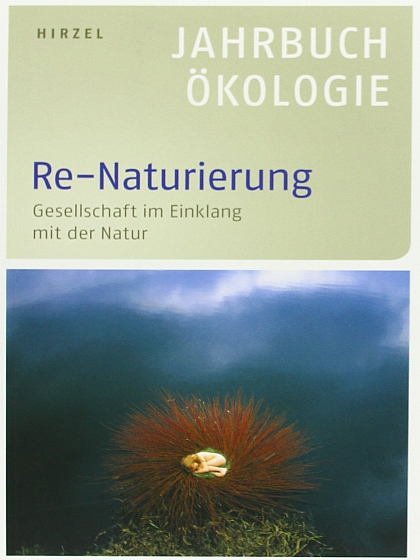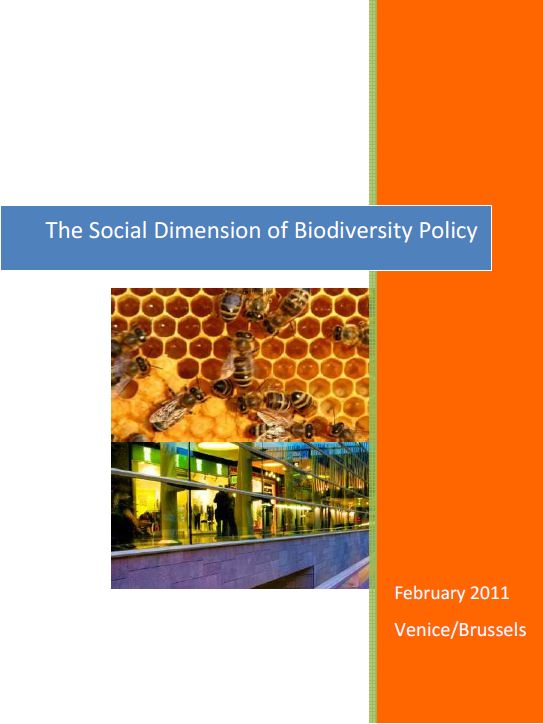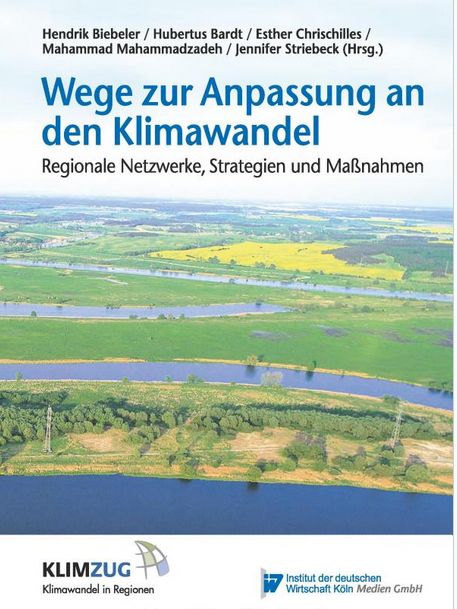Event:Workshop
Publication:Report
Presentation:Speech
Publication:Report
Information Collection and Impact Assessment of Possible Requirements for Environmental Inspections
in the area of EU legislation on water, nature protection and trade in certain environmentally sensitive goods
Year
Read morePublication:Book
Publication:Book Section
Climate Change Adptation and Water Integrity
A Global Challenge to Address Local Realities
Year
Read morePublication:Article
Publication:Article
Publication:Article
Publication:Article
Publication:Book Section
Publication:Report
Publication:Book Section
